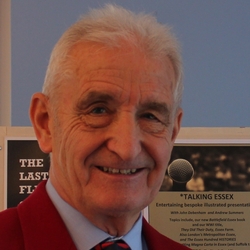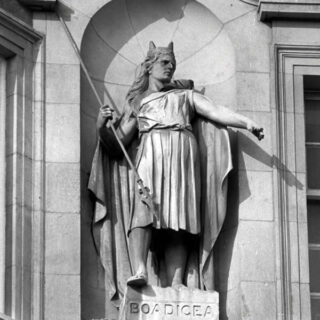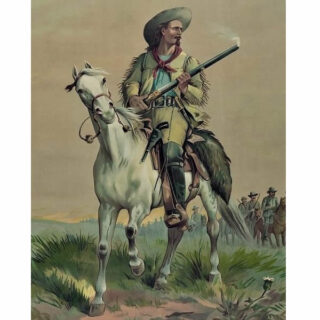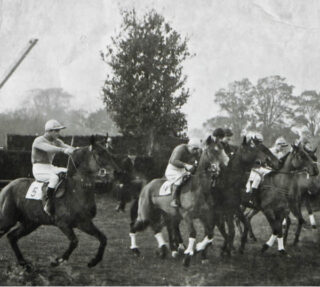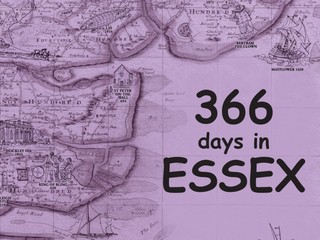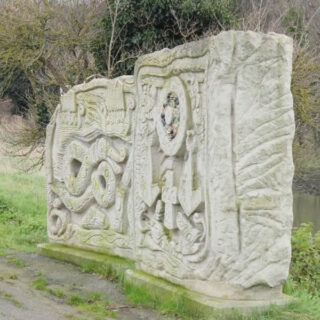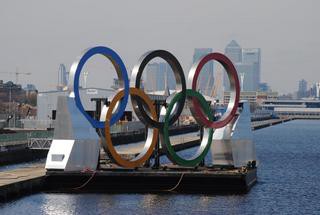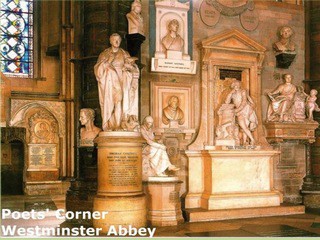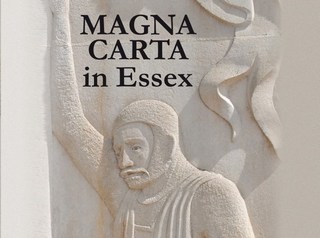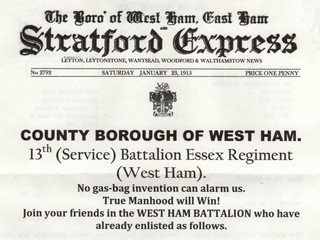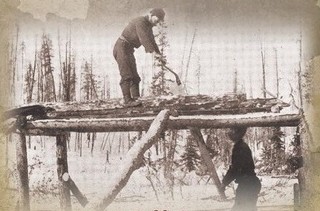About me...
Our talks are ‘Powerpoint’ illustrated. We will bring our own lap top or flash drive incorporating the presentation. We can provide a projector if needed at small extra charge. We rely on the venue to provide a suitable screen and audio/ sound equipment /mike if needed.
Timing is between 40 minutes and one hour and allows for breaks and questions. We cover a wide range of topics with history, mainly on Essex, East London, Suffolk and Hertfordshire borders the main theme. We always look at history from alternative perspectives and try to link past events to those of the present day
About my Talks...
Our talks are ‘Powerpoint’ illustrated. We will bring our own lap top or flash drive incorporating the presentation. We can provide a projector if needed at small extra charge. We rely on the venue to provide a suitable screen and audio/ sound equipment /mike if needed.
Timing is between 40 minutes and one hour and allows for breaks and questions. We cover a wide range of topics with history, mainly on Essex, East London, Suffolk and Hertfordshire borders the main theme. We always look at history from alternative perspectives and try to link past events to those of the present day.
Fee:
The fee is £60.00 within 10 miles of Benfleet, Essex. For distances over 10 miles from Benfleet 35p per mile should be added for fuel costs plus an additional allowance made for travelling time.

